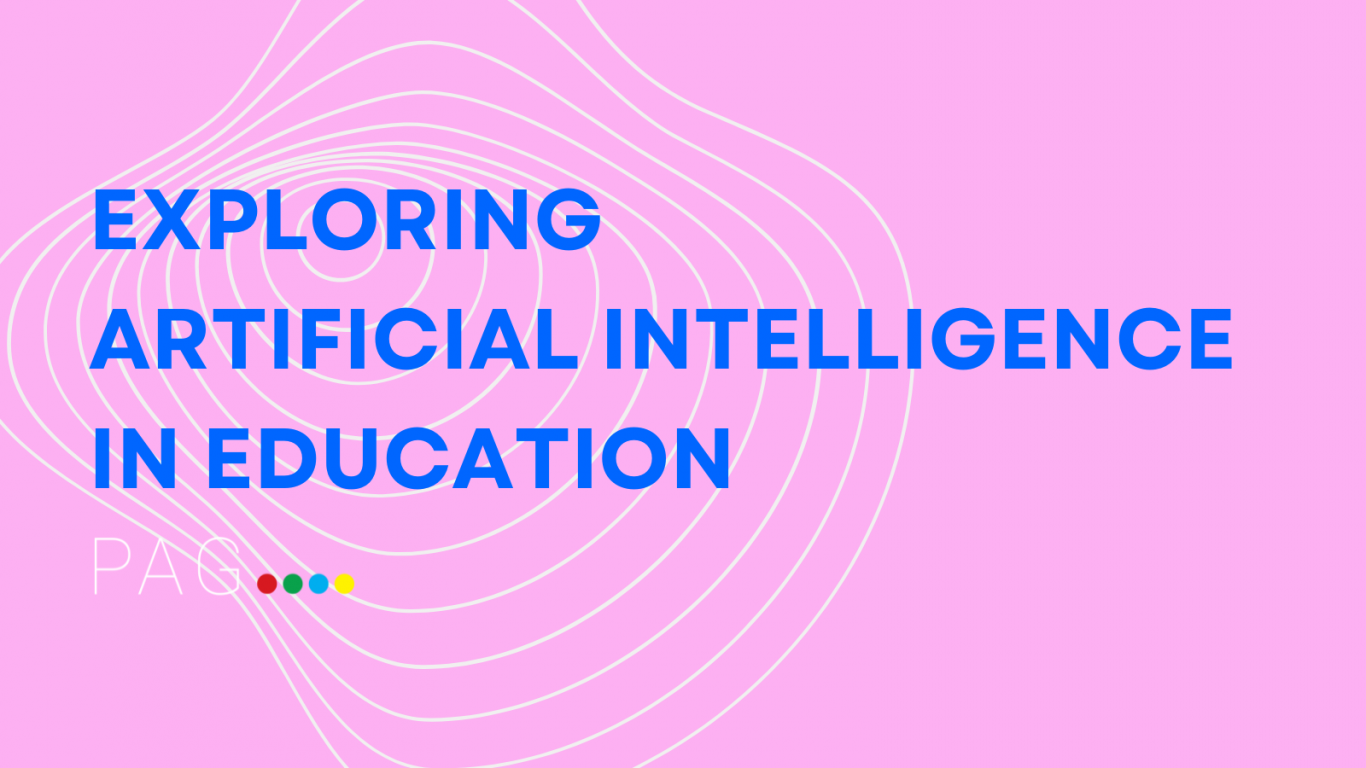AI in Education
Artificial intelligence (AI) is making significant inroads into the UK's educational landscape. According to a recent Scottish Qualifications Authority (SQA) survey, about half of the educators in the UK are leveraging AI tools such as ChatGPT and Google Bard for various aspects of their teaching. This surge in AI usage is transforming educational practices, both offering promising opportunities and presenting new challenges.
Benefits of AI in Education
1. Efficiency and Innovation AI tools have proven to be valuable in reducing the huge administrative burden on teachers, assisting in lesson planning, creating teaching materials, and grading, allowing them to devote more time to student interaction and personalised teaching. Furthermore, AI introduces innovative teaching methods that can make learning more engaging, varied, and interactive.
2. Personalised Learning AI can analyse student performance data to offer personalised learning experiences, adapting to the learning pace and style of each student, providing tailored resources and feedback. This bespoke approach helps in addressing individual learning gaps and enhancing overall academic performance as well as potentially saving on staffing costs.
Challenges of AI in Education
1. Plagiarism and Academic Integrity One of the major concerns with AI in education is the potential for plagiarism; AI-generated content can be sophisticated enough to pass as a student's own work, making it difficult for educators to detect when a submission is genuine. Ensuring the integrity of assessments and maintaining academic standards are significant challenges that need to be addressed.
2. Ethical Use and Guidelines The ethical use of AI in education is a critical issue; educators and students need clear guidelines on how to use AI responsibly. The SQA has emphasized the importance of not using AI for generating assessment content, highlighting the need for strict ethical standards in AI applications.
Future Direction
1. Enhanced Detection Tools To mitigate the risks associated with AI, there is a need for advanced tools that can detect AI-generated content. Investing in such technologies will help maintain the credibility of academic assessments and ensure the tool is used for its clear benefits and not as a means to cheat.
2. Comprehensive Training for Educators Providing thorough training for teachers on the capabilities and limitations of AI is crucial. Educators should be equipped with the knowledge to use AI effectively and ethically in their teaching practices as well as be able to advise their students how to do the same in their work.
3. AI Literacy in Curriculum Incorporating AI literacy into the school curriculum is essential. Students should be taught about the potential and pitfalls of AI technologies to prepare them to use AI responsibly and understand its impact on various aspects of life.
Conclusion
The integration of AI in education presents a blend of opportunities and challenges. By understanding and addressing these issues, the education sector can harness AI's full potential, ensuring it serves as a beneficial tool rather than a disruptive force. With the right policies, training, and ethical guidelines, AI can significantly enhance the educational experience for both teachers and students. This approach will ensure a balanced and effective implementation of AI in education, fostering an environment where technology and traditional teaching methods complement each other.
If you'd like to discuss AI in education, exploring AI, your education policy, or anything mentioned above with one of our experts, please use the Contact page above.
References:
